Engine Minor
Accessory belts and pulleys, engine computer, engine mounts, engine knock or ping, fuel leaks, oil leaks.
What Owners Say
"Just once several months ago. There was an oil leak that killed the alternator in turn damaging the battery. I knew nothing of the problem until my car wouldn't start. Managed to drive it to Honda and that was when I learned of the damage and got it repaired. Cost a butt load of money!"
Anonymous A., FL (2009 Honda Accord LX 3.5-L V6)"The piston rings are worn and it burns oil. There was a service advisory for this known problem a few years back, but my car had too many miles to qualify. Its been going on for about five years, I have to add about five quarts of oil between each oil change."
Anonymous, MA (2009 Honda Accord EX-L 2.4-L 4 Cyl)"Oil leak was repaired with replacement of the valve cover gasket which had contributed to the alternator failure."
Anonymous, TX (2009 Honda Accord EX-L 3.5-L V6)"Defective vehicle speed sensor replacement that required cylinder head removal."
Anonymous, MI (2009 Honda Accord LX 3.5-L V6)"hard to explain, at startup you'd hear a screeching noise...a "good" mechanic told me it's something he's seen in Hondas of this vintage and is related to an oil pressure device not building up pressure at initial startup like it should"
Anonymous A., NY (2009 Honda Accord LX 2.4-L 4 Cyl)

















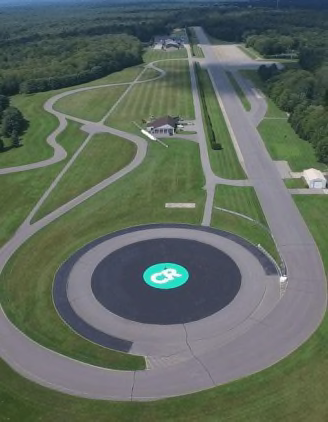


"Variable Timing Valve was replaced."
Anonymous A., AZ (2009 Honda Accord EX-L 3.5-L V6)